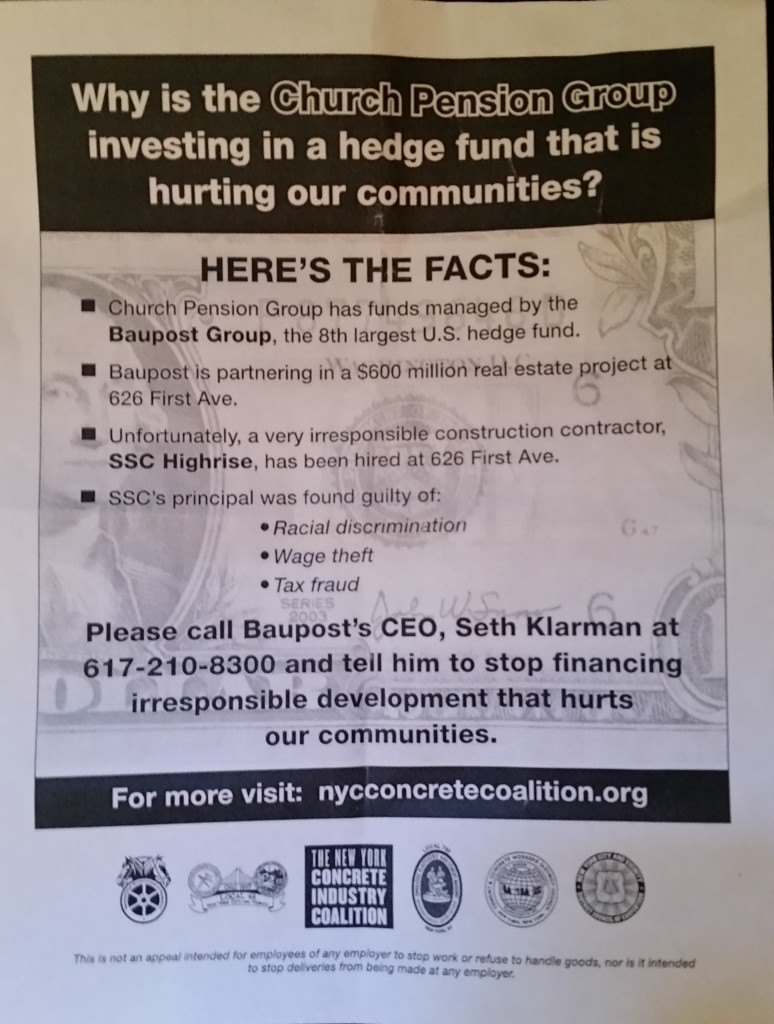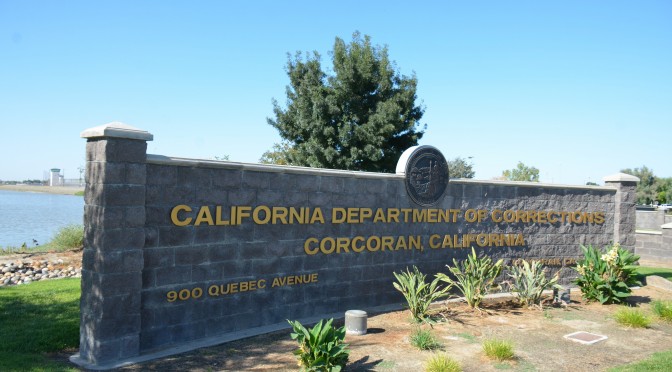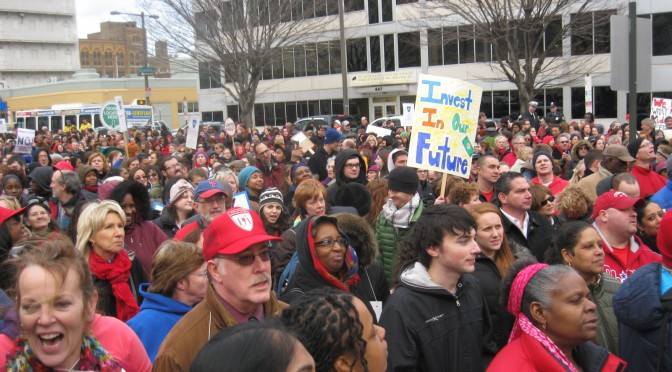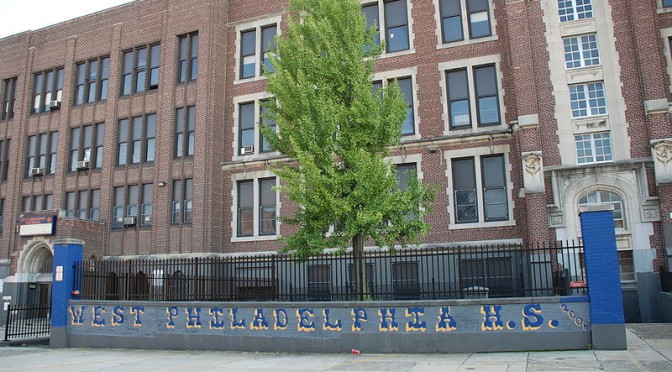By Steve Brier
Walking to work, I came across a building trades union-run informational picket line near my office. The NYC Concrete Coalition was picketing the Church Pension Group (CPG), which invests union pension funds. It seems that CPG has invested in a hedge fund, the Baupost Group, that is partnering on a huge real estate project on the east side. The $600 million project will be built by SSC Highrise, a “very irresponsible construction contractor,” according to the flier the workers were distributing. SSC’s principal, Seth Klarman has been found guilt of racial discrimination, wage theft, and tax fraud, according to the flyer.
What is to be done? According the picketers, we’re all supposed to call the Baupost CEO to complain. That’s a good idea and we should all do that, if possible. But complaining to a hedge fund billionaire about his desire to make money seems a bit like splitting in the wind. It makes one nostalgic for the days when building trades workers would take a more militant stance, shall we say, against scabs and non-union contractors. Shaming a hedge fund CEO (an unlikely outcome if there ever were one) isn’t going to make much of a difference for building trades workers and their union.
Dr. Steve Brier is a Murphy Institute Consortial Faculty Member and Prof. of Urban Education at the CUNY Graduate Center.







